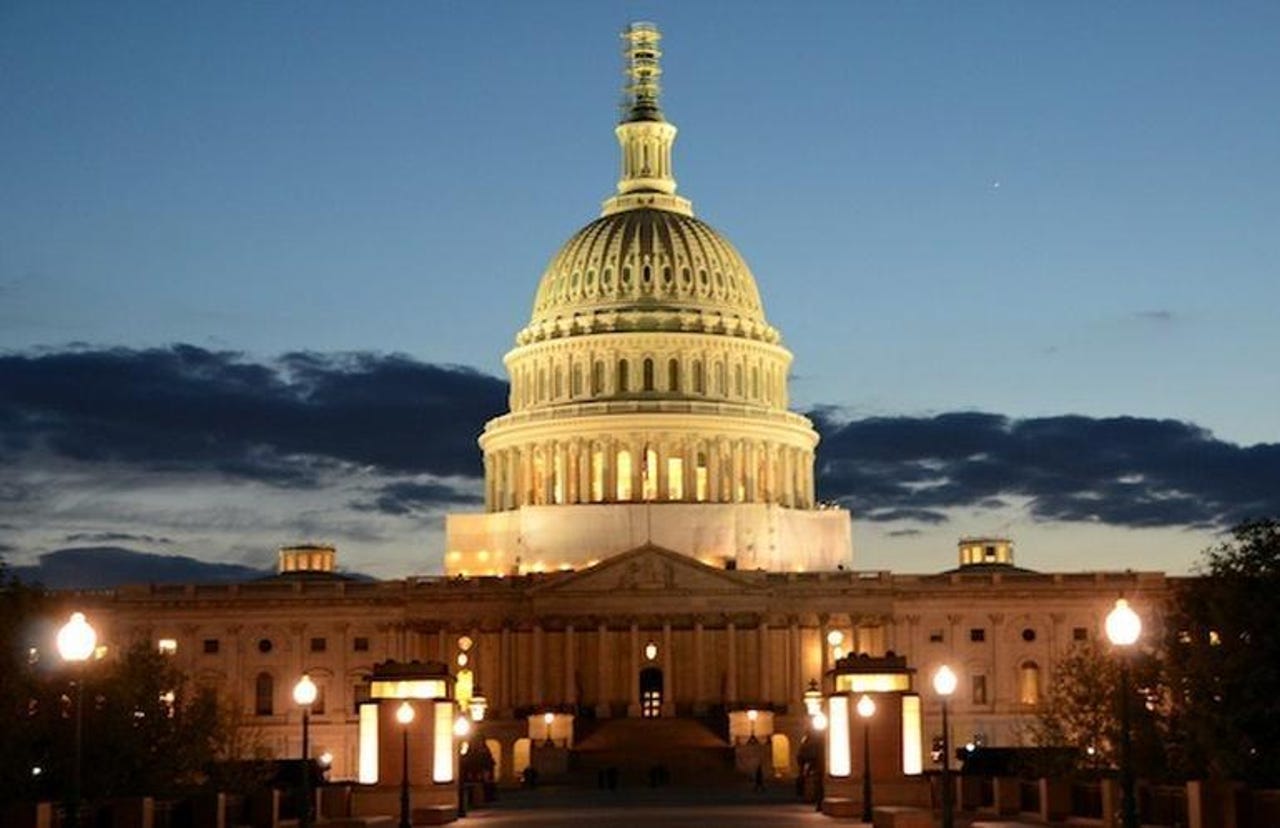Senators introduce bill to ban 'dark patterns' on big tech platforms


Two US senators introduced today new bipartisan legislation to ban large social networking platforms from using "dark patterns" to trick users into giving their consent for data collection operations.
Proposed by US Sens. Mark R. Warner (D-VA) and Deb Fischer (R-NE), the new Deceptive Experiences To Online Users Reduction (DETOUR) Act will apply to all internet tech companies with over 100 million users.
The bill makes no differentiation between apps and web-based services, but references companies as a whole, regardless if the dark patterns are used on a social network's website or mobile app.
The two senators want internet tech giants to stop abusing "dark patterns" to gain access to vasts amounts of personal data, such as contacts, geo-location, call logs, friend lists, and other.
What are dark patterns?
The bill references "dark patterns," a term made famous in the early 2010s when the website darkpatterns.org began collecting and archiving dark patterns observed on popular websites.
The term has since entered the jargon of user interface (UI) and user experience (UX) experts and currently refers to a series of operations, interactions, or UI elements meant to trick a user into taking an unwanted action --such as clicking on hidden download button, ads, or terms of service confirmations.
In reference to the DETOUR bill, some dark pattern examples include:
- A sudden interruption during the middle of a task that repeats until the user agrees to consent;
- A deliberate obscuring of alternative choices or settings through design or other means;
- The use of "agree" as the default option to privacy settings;
- Creating a longer, multi-step process for users who want to opt-out of data collection settings;
- Preventing access to a service until the user agrees to certain terms.
The two US senators argue that some social media platforms have long abused dark patterns, which has gained them an unfair advantage over competitors which have respected their users' choices.
"For years, social media platforms have been relying on all sorts of tricks and tools to convince users to hand over their personal data without really understanding what they are consenting to," said Sen. Warner.
"Our goal is simple: to instill a little transparency in what remains a very opaque market and ensure that consumers are able to make more informed choices about how and when to share their personal information," he said.
No more deceptive UI&UX aimed at children
Besides prohibiting the use of dark patterns on large social networking sites, the bill would also ban the use of specially crafted user experiences aimed at creating compulsive usage among children under the age of 13 years old.
The bill would put the Federal Trade Commission (FTC) in charge of enforcing the would-be law, if approved.
Several representatives of privacy groups have expressed public support for the proposed DETOUR act in a press release published by the two senators.
"The tech industry has gone unchecked for far too long," said Jim Steyer, CEO of Common Sense. "Bold action is needed on a wide scale to change the incentives in Silicon Valley with our well-being in mind, especially when it comes to kids."
The two senators proposed the DETOUR act a day ahead of the one-year anniversary of Facebook CEO Mark Zuckerberg's congressional testimony.